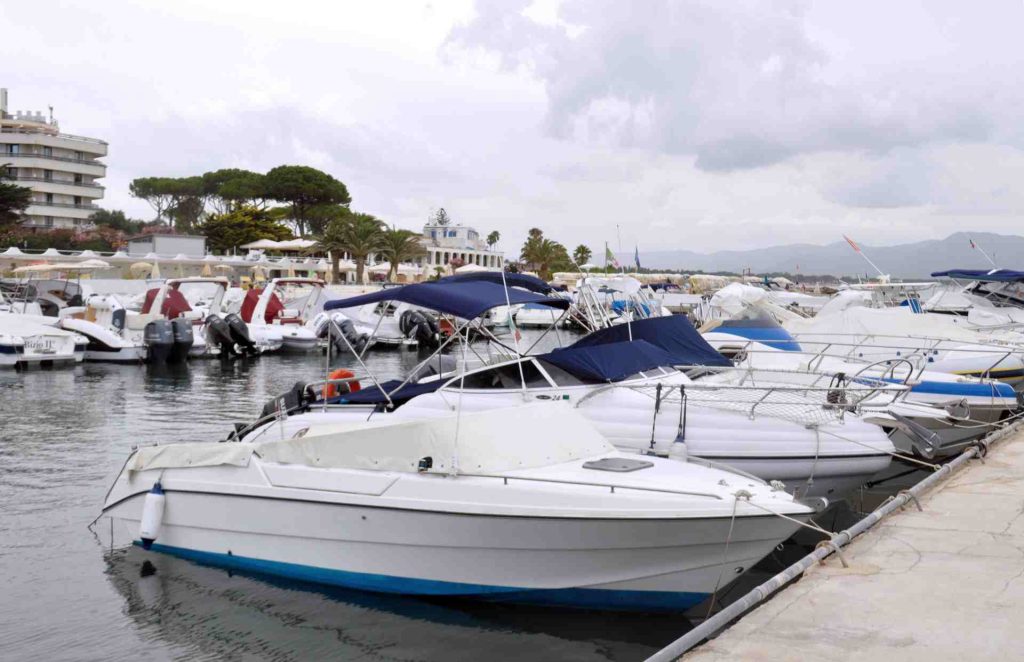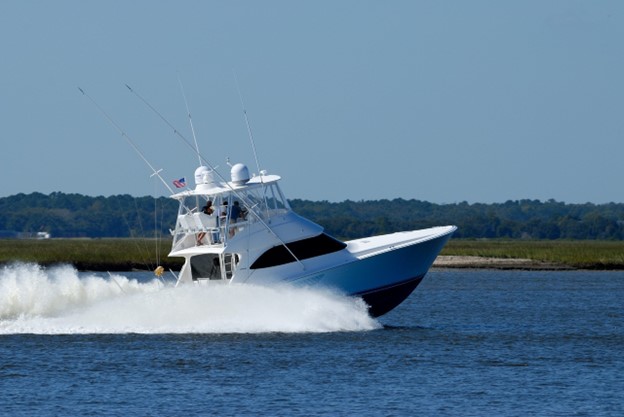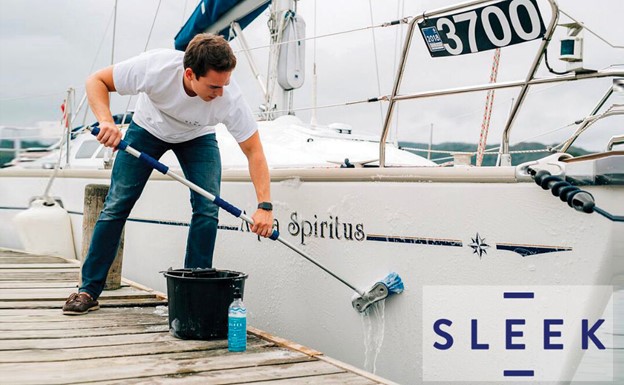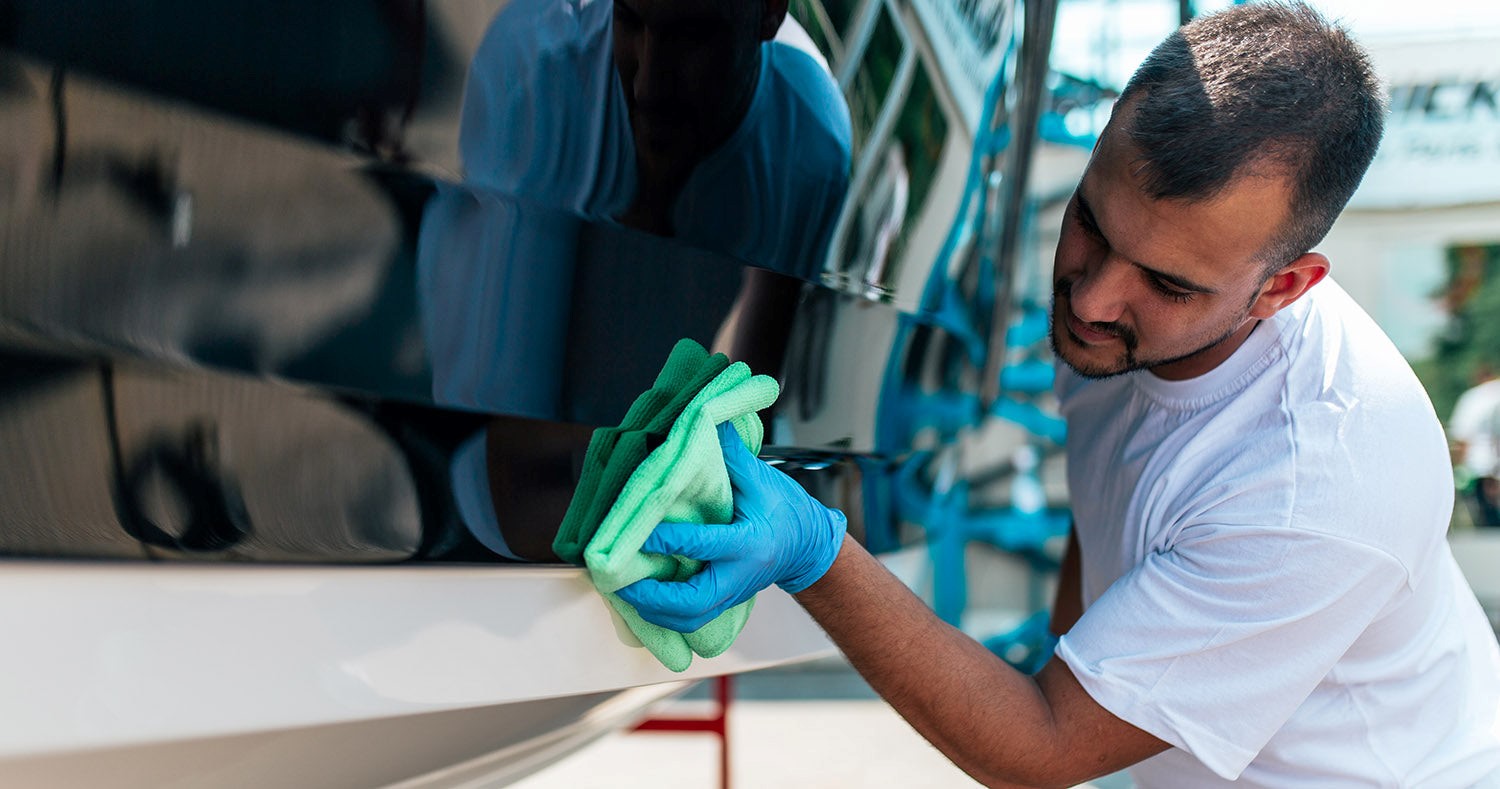
Are you looking for the best way to protect and preserve your boat? You may have heard of marine boat coating and waxes, but do you know which one is right for you? In this article, we’ll explore the differences between marine coating and wax so that you can decide what will be most effective in protecting your boat.
While both options aim to enhance durability and appearance, there are distinct contrasts in their application, longevity, and protective capabilities. By understanding the disparities, you can choose the ideal solution to safeguard your vessel against the harsh elements of the water and maintain its pristine condition for years to come.
Difference Between Boat Coating and Boat Wax
Boat coating and boat wax are both used to protect and improve the appearance of boats, but they differ in terms of their composition, application methods, and specific benefits. Here’s a breakdown of the key differences and benefits of each:
Boat Coating:
- Composition: Boat coatings are typically made of specialized paints, sealants, waxes, epoxy resins, or polyurethanes. These coatings create a strong barrier to protect the boat’s hull from corrosion, barnacles, UV rays, salt deposits, rusting, and other water or weather-related damage.
- Application: Boat coatings can be applied in various ways depending on the product. Some may require sanding before painting, while others may only need cleaning before application.
- Benefits:
- Long-lasting protection: Boat coatings provide a durable layer that can withstand environmental damage for an extended period.
- Enhanced aesthetics: Depending on the product used, boat coatings can improve the appearance of both the interior and exterior surfaces.
- Increased resale value: The longevity and protection offered by boat coatings can help maintain the boat’s condition, leading to better resale value.
- Fuel efficiency: Smoother surfaces resulting from boat coatings can reduce drag, leading to improved fuel efficiency.
Boat Wax:
- Composition: Boat wax typically contains ingredients such as carnauba wax, beeswax, petroleum distillates, silicone oils, paraffin waxes, polyethylene glycols, microcrystalline waxes, and additives like dyes and fragrances. These ingredients work together to protect against UV rays, saltwater corrosion, and other environmental elements.
- Application: Boat wax can be applied by hand or machine. Hand application requires more time and effort but offers deeper coverage, while machine polishing provides faster results with less effort.
- Benefits:
- UV protection: It helps prevent fading and damage caused by UV exposure, preserving the boat’s original color.
- Dirt repellent: The hydrophobic properties of boat wax make it effective in repelling dirt particles, keeping the boat cleaner for longer periods.
- Enhanced glossiness: It enhances the shine and glossiness of the boat’s surface, improving its aesthetic appeal.
- Weather protection: It provides a protective barrier against extreme weather conditions, helping to maintain the boat’s appearance and integrity.
Overall, boat coatings offer robust, long-lasting protection for the boat’s hull, while boat wax provides a layer of defense against environmental wear and tear while enhancing the boat’s appearance. Choosing the right product depends on your specific boat maintenance needs, the level of protection required, and the desired aesthetic outcome.
Comparison and Contrast

To better illustrate the comparison and contrast between boat coating and boat wax, here is an easy-to-read table summarizing their differences:
Boat Coating | Boat Wax | |
Durability | Long-lasting; can last up to 10 years with adequate care | Short-term; needs more frequent reapplication every few months |
Protection | Protects against UV rays, saltwater conditions, oxidization, scratches and abrasions | Prevents oxidation and offers mild protection from UV rays but does not protect against saltwater exposure or scratches/abrasions as well, as boat coatings do |
Cost | More expensive due to the long-lasting nature | Less expensive due to shorter lifespan |
As you can see, there are key differences between the two products regarding durability and protection offered to your vessel. Boat coatings provide superior protection in all elements compared to waxes while being able to withstand harsh marine environments for much longer. However, this extra protection level comes at a higher cost, including maintenance costs, than using wax alone. Ultimately, both options have their own advantages depending on what kind of coverage one is looking for in terms of price point, performance over time, and ongoing boat maintenance and repair expenses.
The Bottom Line
Boat coatings and waxes are both important components of caring for a boat. Boat coatings provide excellent protection against UV rays, water spots, and oxidation while adding a layer of shine to the surface. Boat waxes help fill in minor scratches, swirl on fiberglass surfaces, and protect them from dirt and debris.
When deciding between coating or waxing your boat, consider the level of protection you need. If you live near saltwater or keep your boat out on the open ocean often, then we recommend using a coating for maximum protection. On the other hand, if you only take your boat out periodically and mainly use fresh water, applying good quality wax may be all needed to keep your vessel looking great.
If you’re looking for professional boat trailer maintenance services, The Boat Concierge is here to provide all of your needs. Trust our expertise, and let us take care of your vessel’s maintenance needs. Contact us today for a pristine boating experience!



